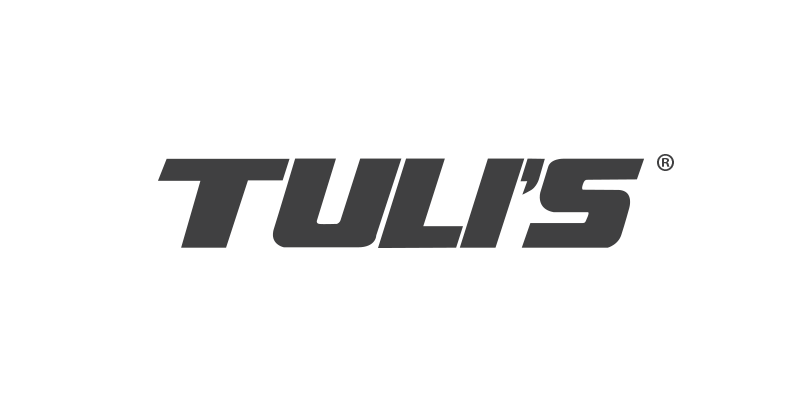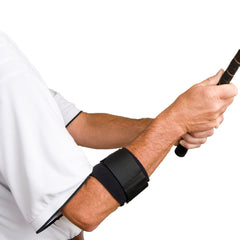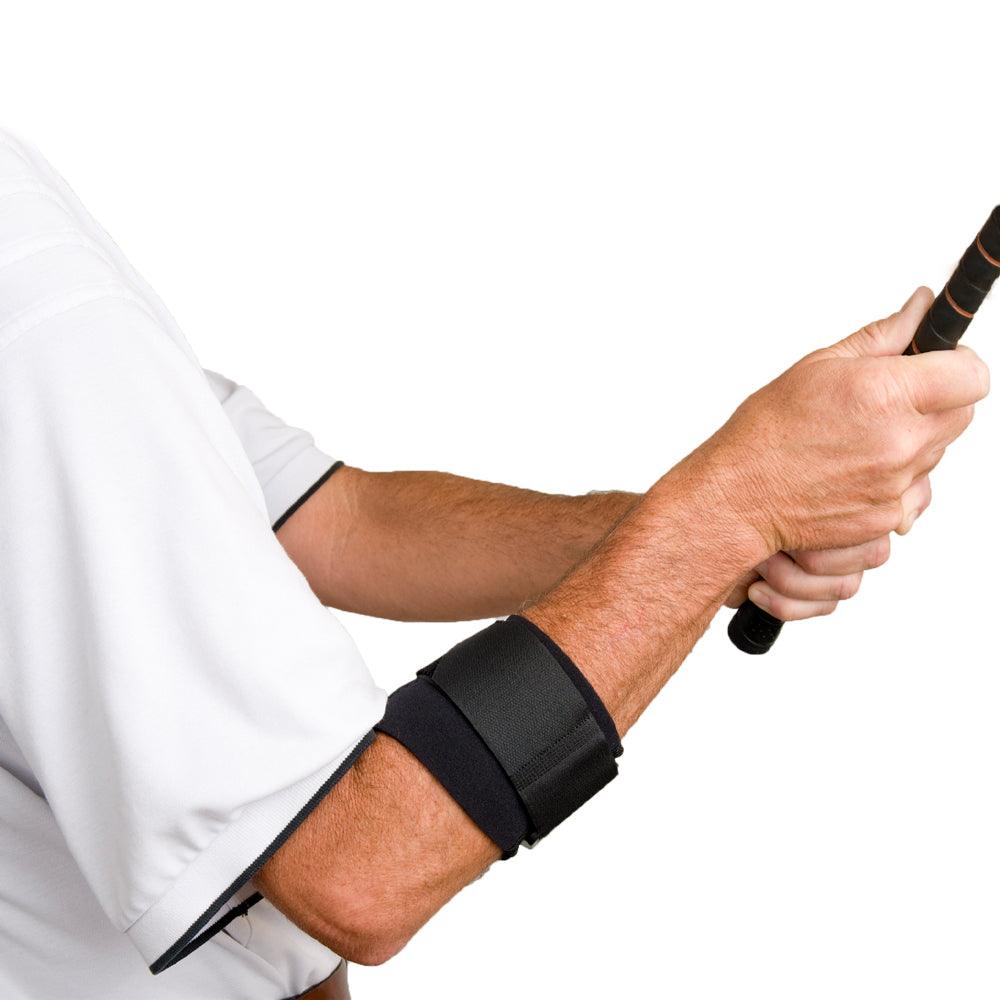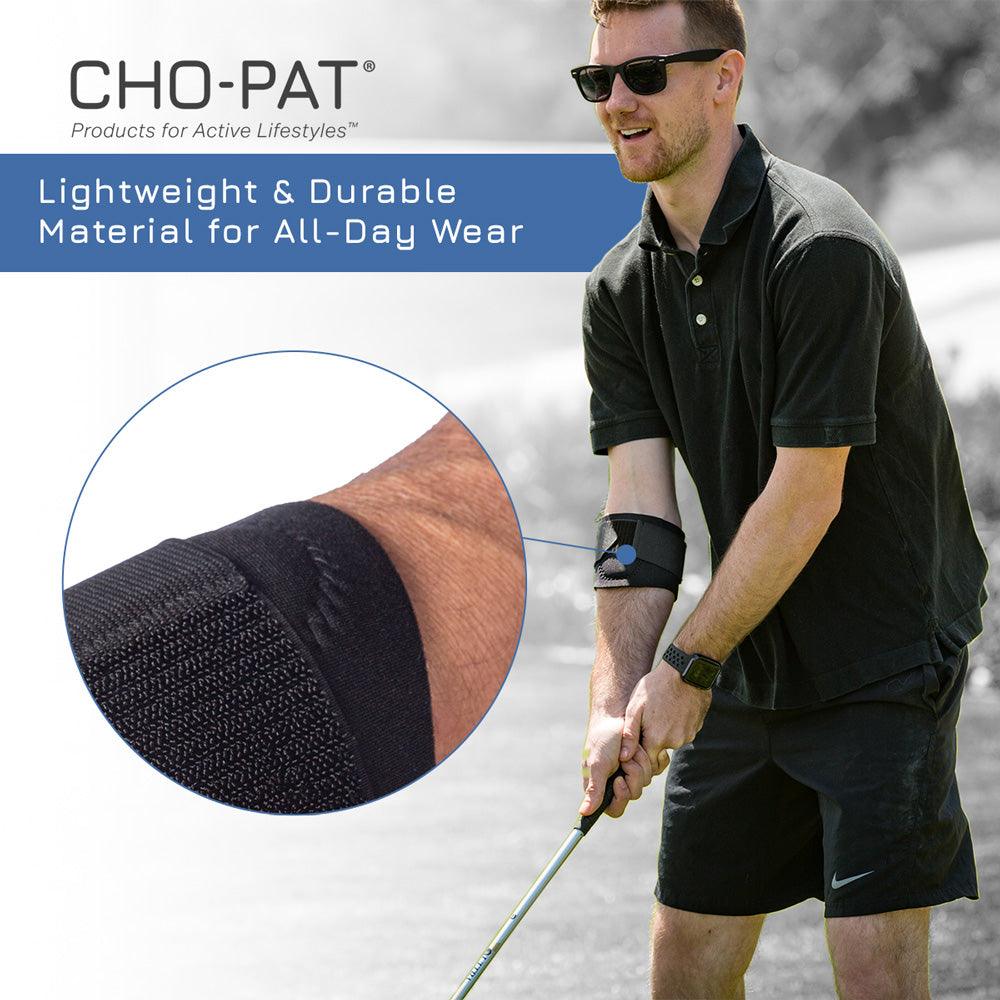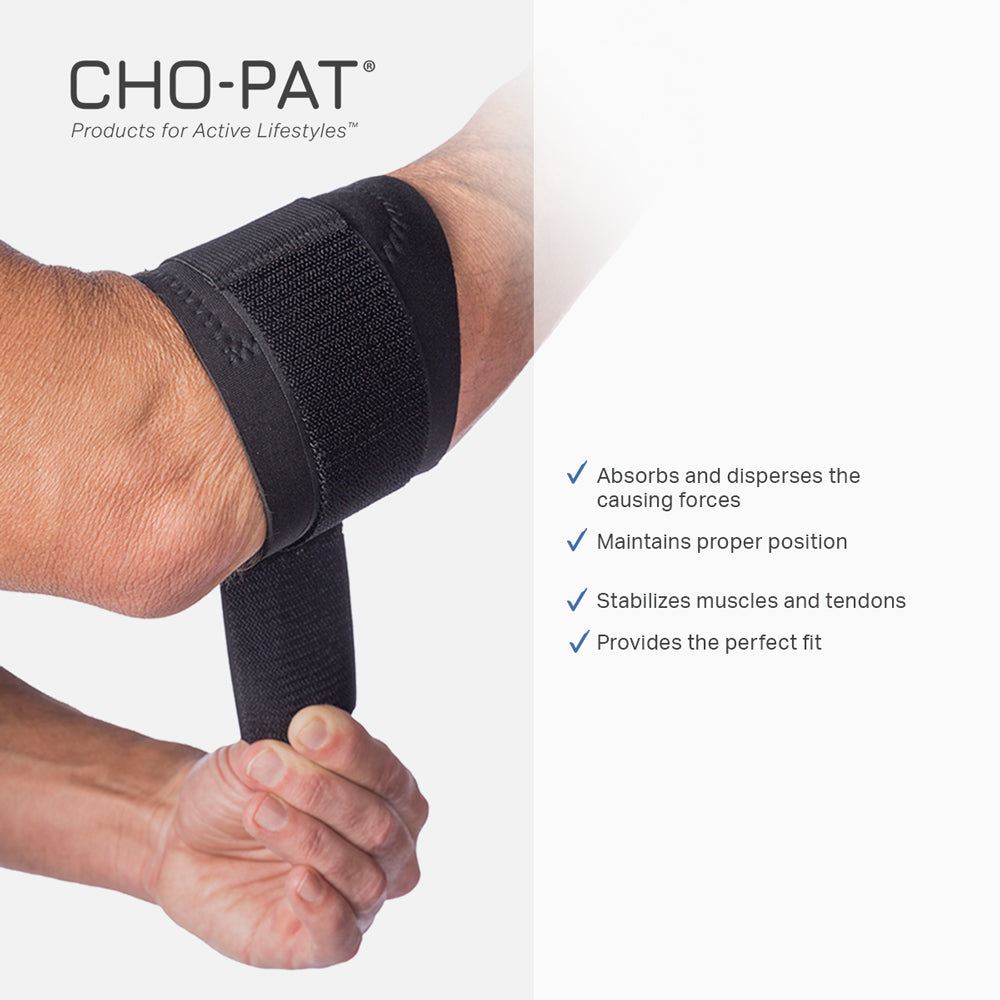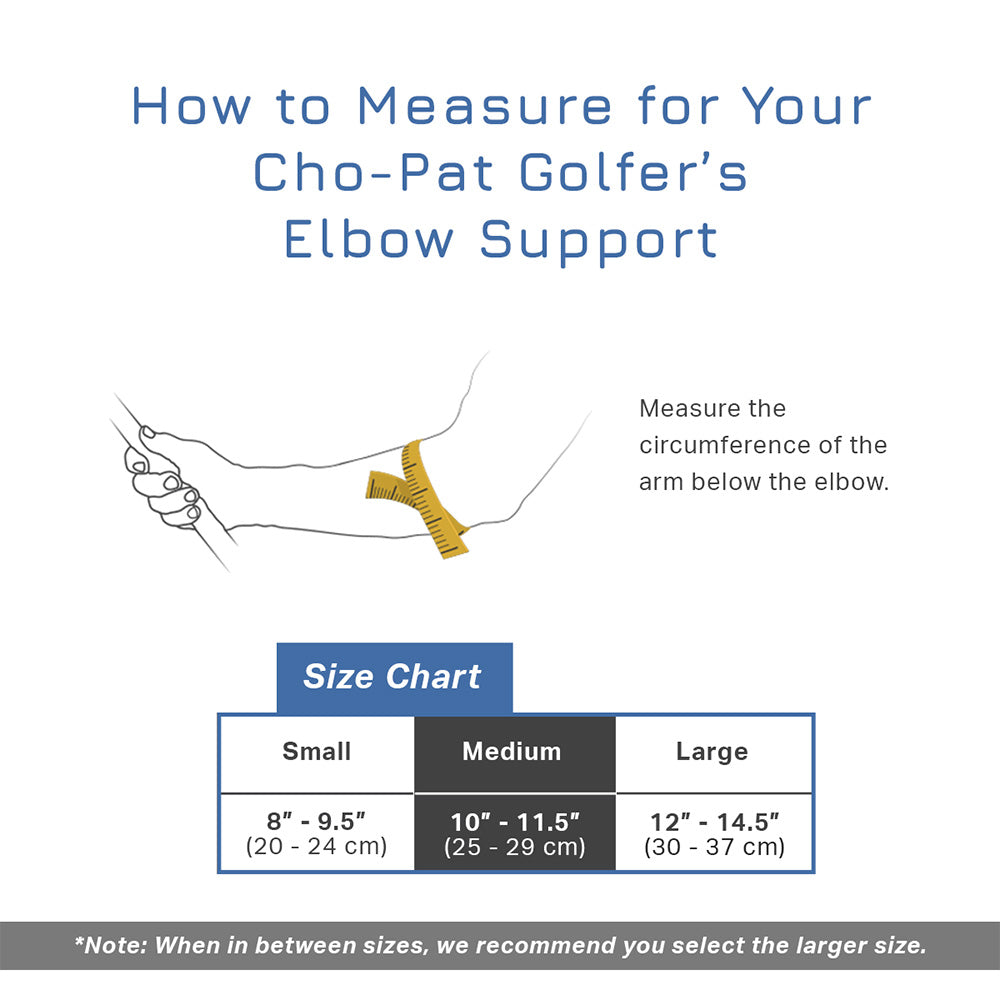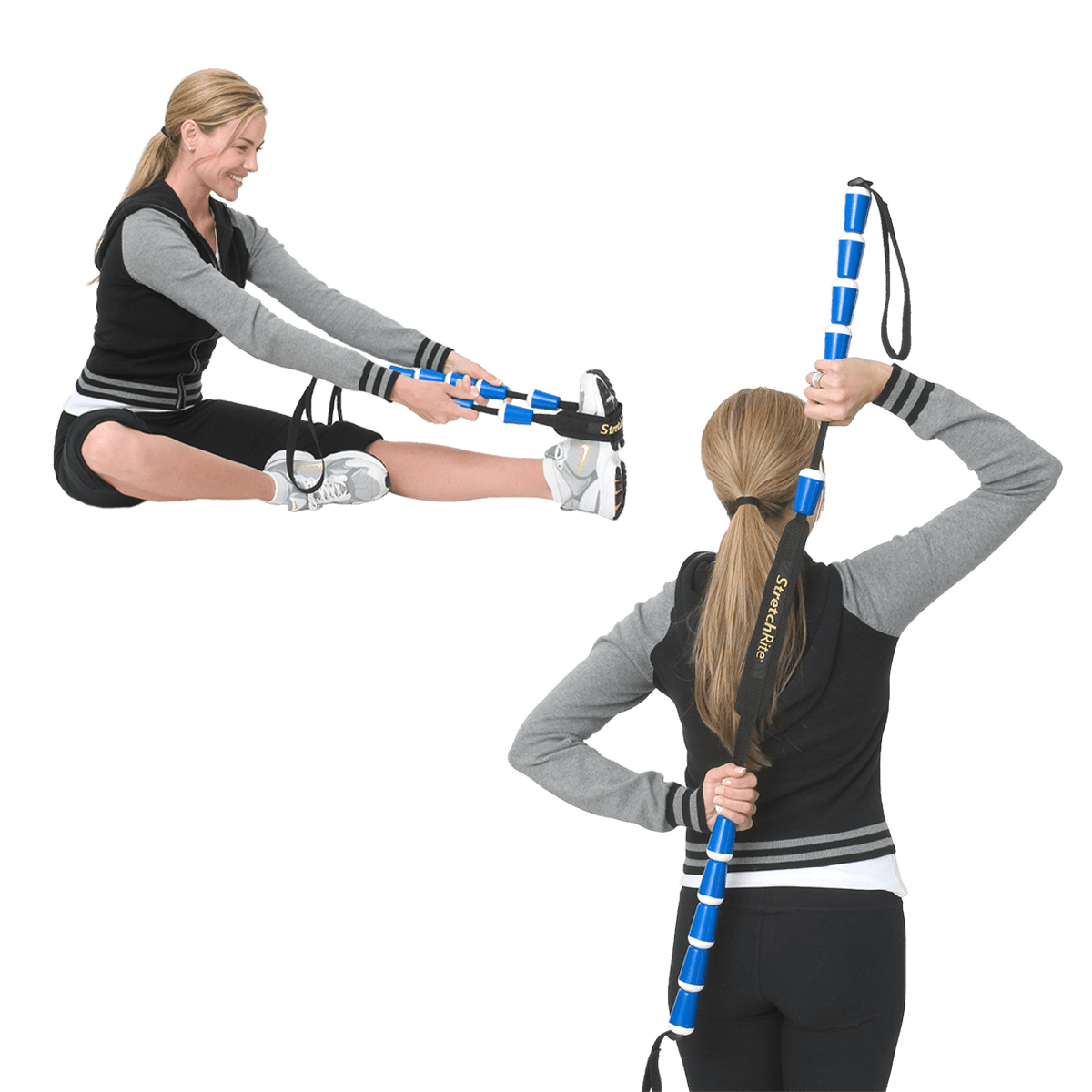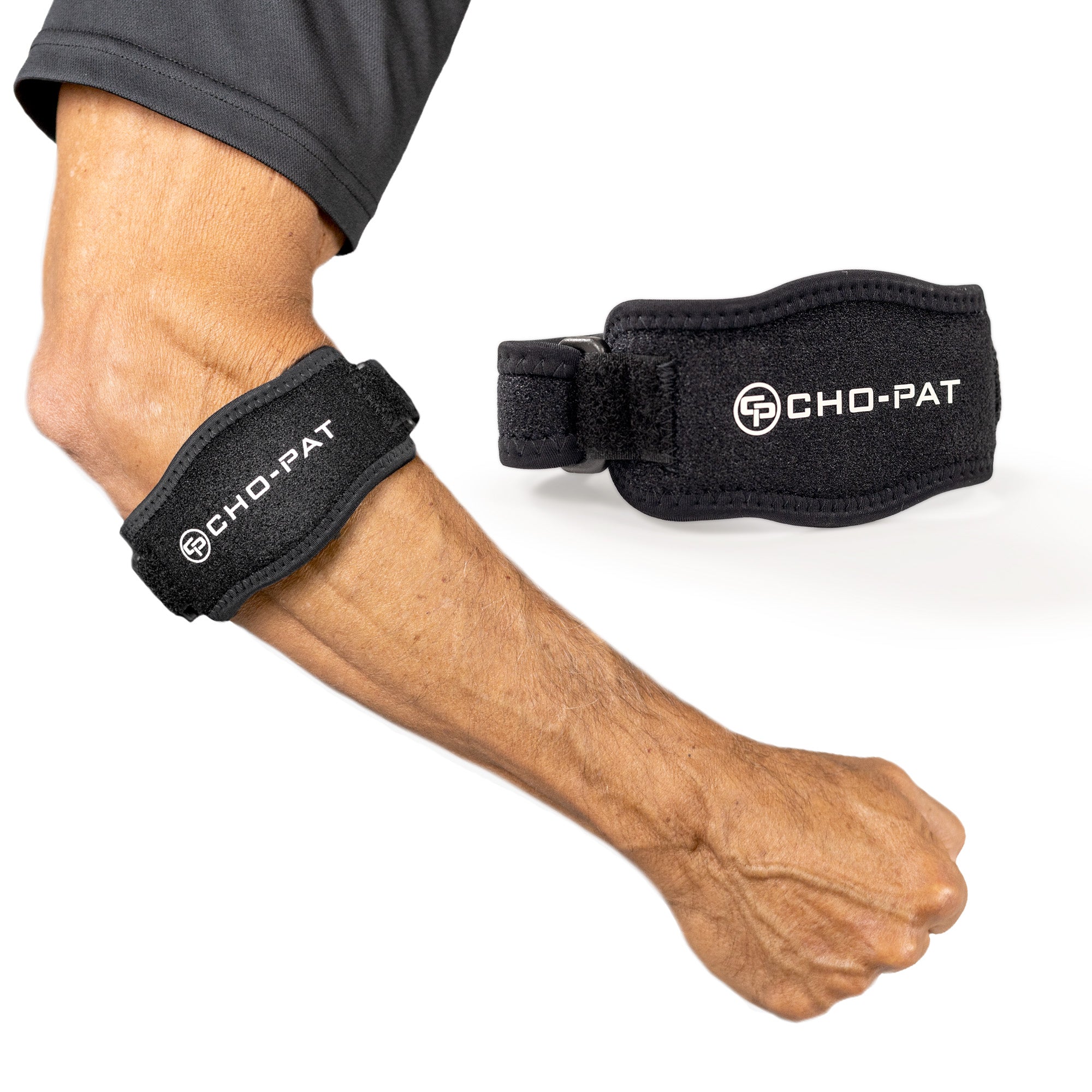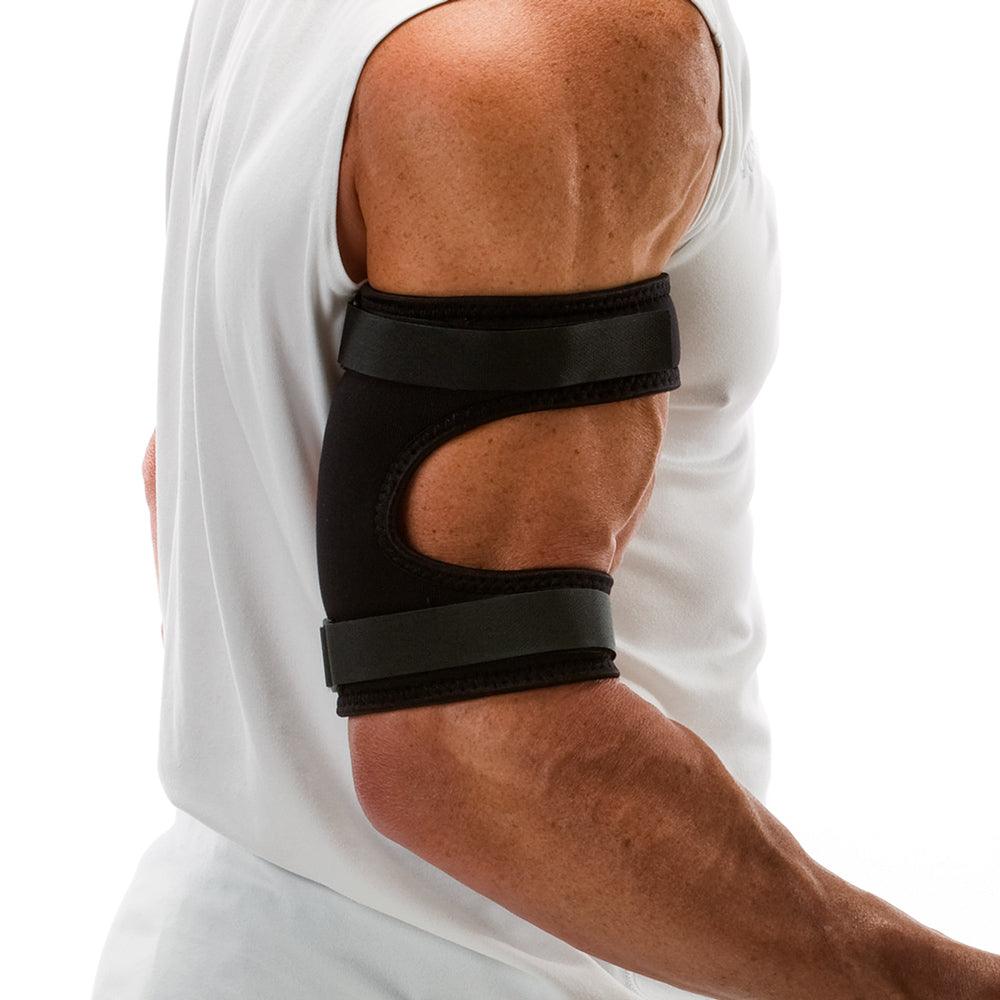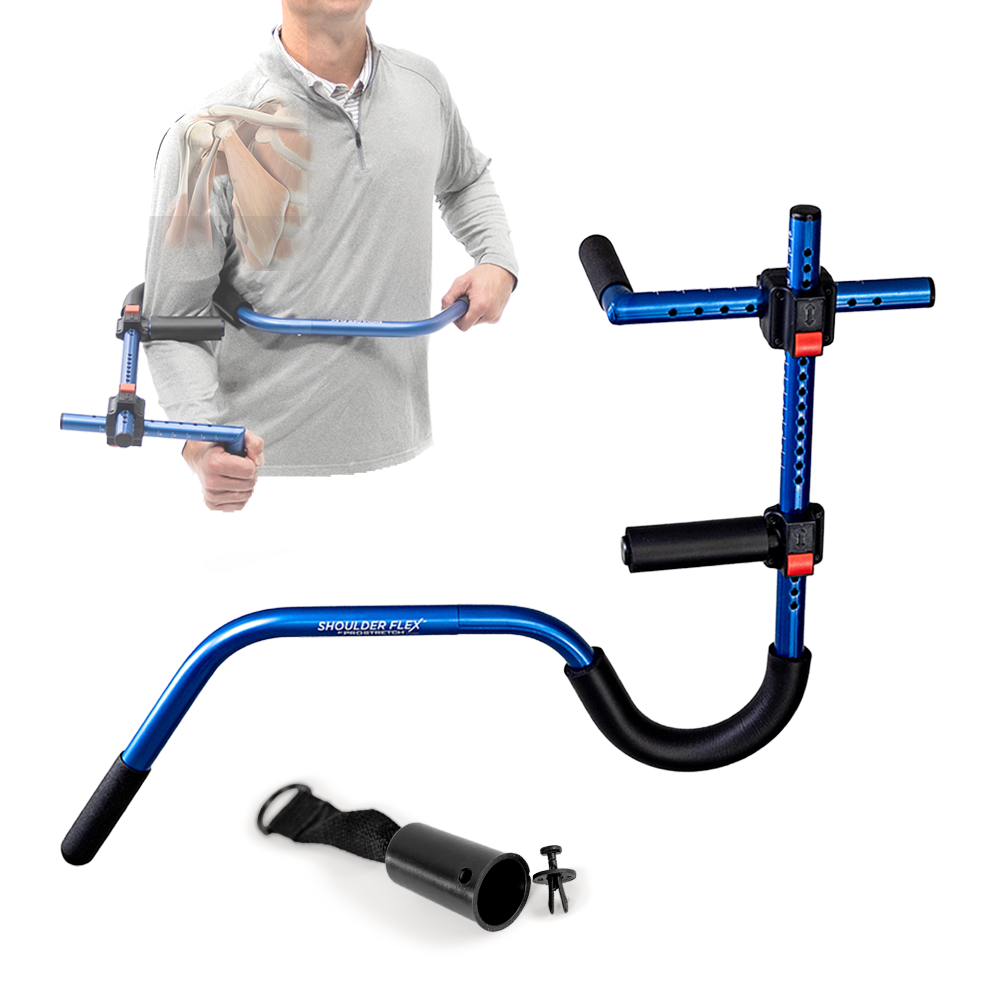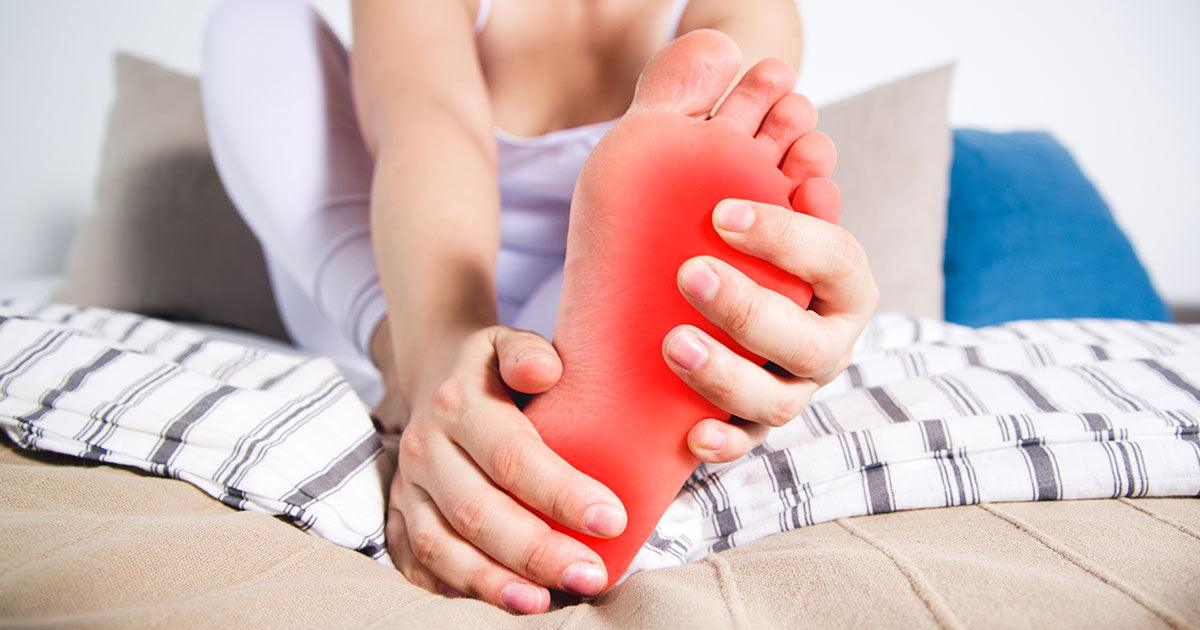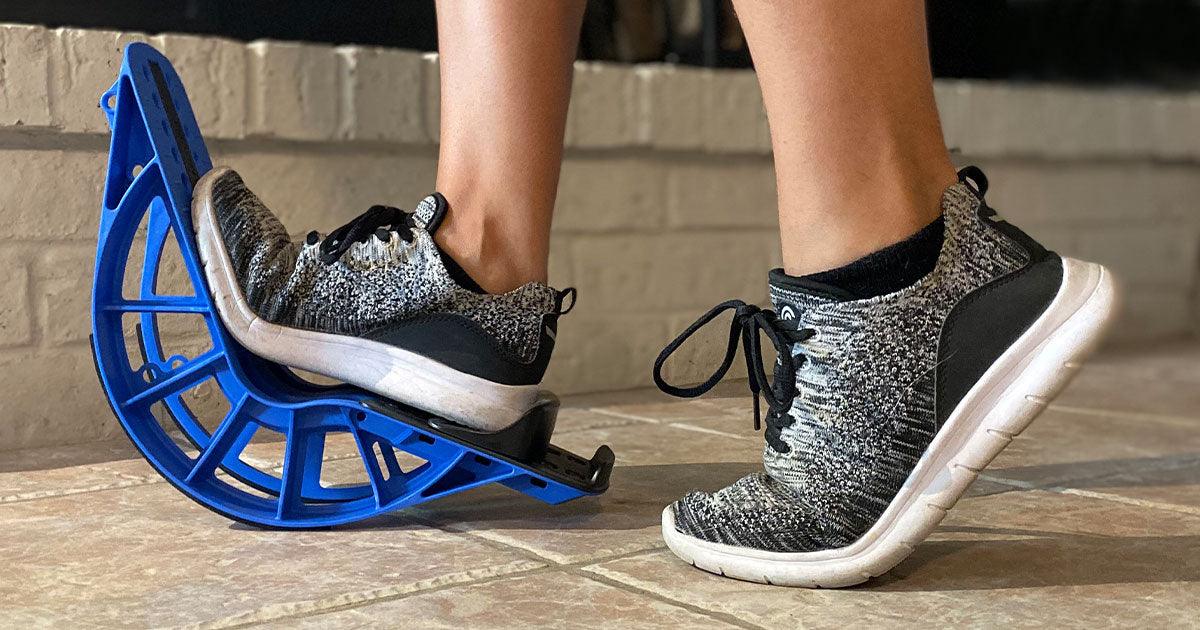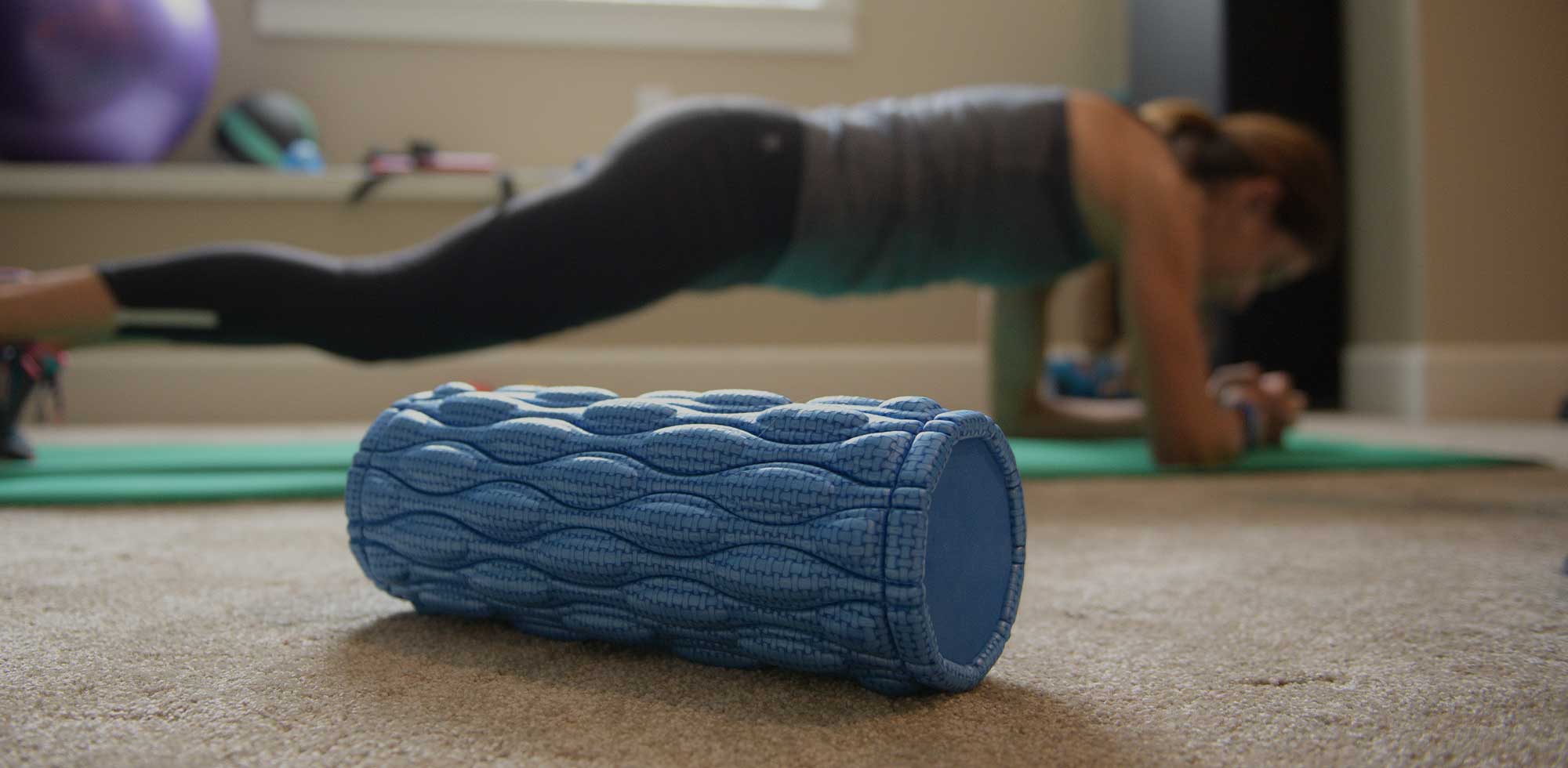Did you know that you don’t need to be a golfer to develop golfer’s elbow? Discover what symptoms to watch for and how to treat golfers elbow.
If you have golfer’s elbow or medial epicondylitis, you’ll need treatment sooner rather than later to effectively treat it. But how can you treat the condition if you don’t know that you have it? And, how do you prevent golfer's elbow from happening to begin with?
At Medi-Dyne, we believe that early intervention and patient education can result in better outcomes. Learn how to prevent golfer's elbow and what symptoms to watch for.
Golfer’s Elbow 101
Contrary to popular belief, you don’t have to be a golf player to suffer from golfer’s elbow. In fact, any repetition of moving your arm in a swinging motion can cause this common condition, and it can happen to anyone.
Common causes of golfer’s elbow can include workplace injuries or simple accidents that occur while completing basic tasks at home. Although the reasons for golfer’s elbow can differ, they may involve various other activities, such as:
- Weight training
- Repetitive electrical work
- Painting
- Manufacturing or machinery
- Construction
- Household activities
- Hammering
- Cooking
- Yard Work
Symptoms of Golfer’s Elbow
The physical manifestation of golfer’s elbow will vary for everyone. However, the most prominent symptoms will likely occur throughout the inside part of your elbow. The sensations may radiate through your forearm, wrists, and down to your fingertips. Symptoms may increase with continued use of your elbow but may include a combination of the following:
- Pain
- Tenderness
- Numbness
- Stiffness
- Weakness
- Tingling
In some cases, the condition will resolve on its own. However, if you notice symptoms worsening or find your pain continuously increasing, it’s essential to get checked out. That way, you can make an educated decision regarding any future treatment for your injury.
How Do You Prevent Golfers Elbow?
When you are injured, the likeliness of a future injury increases significantly. How do you prevent golfers elbow from happening if you don’t know how? If you’ve had a previous case of the condition, it’s vital to understand how to prevent golfers elbow from reoccurring. Prevent future instances of golfers elbow from happening again by utilizing the Cho-Pat® Golfer’s Elbow Support. You can also try stretching your hands, fingers, forearms, and wrists before participating in repetitive activities.
1) Diagnosing Golfer’s Elbow
If you have elbow pain or an elbow injury, don’t ignore the pain and continue on as usual. It’s essential to seek treatment early to prevent future complications from occurring. Early intervention can also promote a faster recovery.
Your physician will ask you questions to learn your medical history and recent activities that may cause golfer’s elbow. Learning your medical history is necessary to rule out other conditions that may be at the root of your problems. Their team of medical professionals may also perform a physical examination and may order additional tests, such as an X-ray or MRI.
Once an official diagnosis is determined, you can work with your physician, surgeon, or physical therapist on how to treat golfers elbow in a manner that works well for your unique needs and circumstances.
2) Treating Golfers Elbow Tendonitis
The inflammation and irritation of tendons attached to your elbow are often referred to as elbow tendonitis. This painful condition can occur on its own or as a result of golfer's elbow. Fortunately, treating golfers elbow tendonitis is relatively simple and possible without drugs or surgical intervention.
The exact treatment prescribed will depend upon your condition’s severity and personal preferences. At Medi-Dyne, we aim to offer advanced treatment options. Learn how to treat golfers elbow with these tips:
3) Ice and Rest
When it comes to golfer's elbow, the benefits of rest and ice cannot be overstated. Resting your arm may not be possible if left unrestrained, so your doctor might prescribe the use of a brace or sling to support your arm throughout your day, such as the Cho-Pat® Golfer’s Elbow Support from Medi-Dyne. This elbow support device applies the right amount of pressure where you need it the most.
4) Physical Therapy
When your inflammation has subsided, your doctor may prescribe physical therapy. Throughout physical therapy, you may perform stretching exercises to help regain any strength and mobility lost due to your condition. Increase flexibility by performing finger or wrist stretches. For forearm stretches, it may be more difficult on your own. Check out the StretchRite® device to make solo forearm stretches easier.
5) Massage Therapy
If you’re wondering how to prevent golfer's elbow in comfort, massage therapy is well known for its preventative benefits. However, the advantages don’t stop there. As part of a comprehensive treatment plan for golfer’s elbow, massage therapy can also help to relieve tension and pain. Try ProStretch’s Peanut Massage Ball, Marble Massage Roller, or Uno Handheld Massage Roller from Medi-Dyne.
6) Medication
For most people, over-the-counter medication is usually the first step in treating golfer's elbow tendonitis and its associated inflammation and pain. There are topical ointments to ease the pain and pills and tablets with pain management benefits. However, if necessary, there are additional prescription medications to try for more severe cases. Contact your doctor.
7) Surgery
If all else fails, your physician may recommend surgery to treat your condition. At any stage, it’s perfectly okay to get a second or third opinion on your condition’s progression. Check with your medical insurance provider for their suggestions for providers in your area.
Don’t suffer in silence if you have pain throughout your inner elbow, forearm, and wrist. Seek out treatment for your golfer's elbow right away. Contact Medi-Dyne to learn more about the tools available to help you.
OTHER RELATED PRODUCTS
OTHER RELATED TOPICS:
WHY YOU SHOULD USE A GOLFER’S ELBOW BRACE OVER A COMPRESSION SLEEVE
MEDI-DYNE EARNS MAYO CLINIC PRODUCT ENDORSEMENTS
PLEASE NOTE: The information on this website and article is for information only and should not be used as a substitute for consulting your doctor. Consult your doctor for proper diagnosis and rehabilitation

